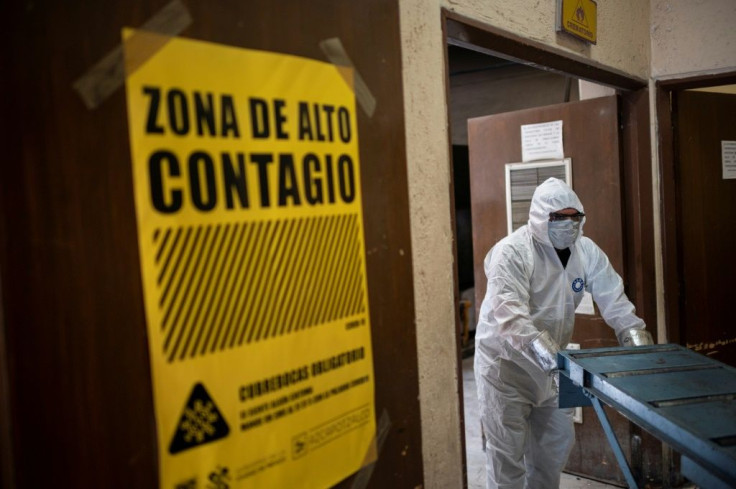Air-Conditioned Rooms Help Spread COVID-19, Researchers Say
KEY POINTS
- Coronavirus could spread faster in low humidity rooms
- Air conditioners dry out mucous membranes in the nose, causing viruses to penetrate easily
- The US remains to be the epicenter of the COVID-19 pandemic
The world continues to grapple with COVID-19 since there is still no sign of the pandemic going away soon. As more cases get reported by the day, scientists focus their attention on looking for ways to prevent the spread of the virus on top of finding a cure and developing a vaccine for it.
A team of researchers at Leibniz Institute for Tropospheric Research (TROPOS) in Leipzig and the CSIR National Physical Laboratory in New Delhi revealed what they found after reviewing 10 international studies on swine flu and other infectious diseases. They learned that humidity greatly affects how infectious viral diseases are spread indoors.
According to the researchers in the scientific journal "Aerosol and Air Quality Research," humidity affects the size of droplets containing viruses, how they float in the air and how they land on surfaces inside a room. Virus droplets tend to become heavier in more humid rooms, so they fall faster on surfaces. This lowers the chances of other people to breathe in infectious materials.
When there is low humidity in a room, the aerosol particles become lighter, so they stay in the air longer. This increases the chances of other people inhaling the droplets and getting infected with the virus. Moreover, a room with low humidity dries out mucous membranes in the nose, making it easier for germs like the coronavirus to penetrate the respiratory system.
Following their analysis, the researchers recommended that people should control indoor air to mitigate the spread of COVID-19. This involves the use of air-conditioning units. They also stated that a relative humidity of 40% to 60% could help reduce transmissions in open-plan offices, hospitals and other public places.
The research team also reiterated the need to practice social distancing, wear face masks, and observe preventive measures issued by public health experts amid the ongoing public health crisis. Doing so could significantly lower the risk of catching the virus.
The U.S. remains to be the epicenter of the coronavirus pandemic. The country currently has 5,598,547 cases and it has witnessed 174,645 deaths thus far, based on the latest data gathered by the Centers for Disease Control and Prevention.

© Copyright IBTimes 2024. All rights reserved.





















